
If you have frequent jaw pain that makes yawning, speaking, and chewing more difficult, then you may have a temporomandibular joint disorder (TMD). Luckily, simple solutions (like orthodontics) can help you get lasting relief from jaw pain and dysfunction.
The team at Magic Smiles Dental and Implant Centre is here to help you get healthy teeth and jaws for life. Contact our team in Coffs Harbour and Woolgoolga, NSW, online here to see how we can take your oral health to the next level.
Diagnosing a temporomandibular joint disorder starts with you. Keep reading to learn more about what a TMD is, what it feels like, and how to treat it.
What is TMJ disorder?
The temporomandibular joint (shortened to TMJ) is a hinge-like joint. It connects the lower jaw (called the mandible) to the temporal bones of the skull (located just above the ears). These joints allow us to open and close our mouths. Because of their near-constant use for speaking, eating, and yawning, the TMJ is vulnerable to injury and wear over time.
Dysfunction and disease can limit the TMJ’s mobility, comfort, and function, leading to what experts call a temporomandibular joint disorder.
What causes a TMD?
A TMJ disorder may develop for a number of reasons, including:
- Bruxism (unconscious dental grinding and jaw clenching)
- Misaligned teeth
- Tight or tired facial muscles
- Trauma or injury to the jaw
- Arthritis
- Depression, anxiety, and other psychological stressors
- Certain medications (like fluoxetine, sertraline, and venlafaxine)
- Genetics
The cause of a TMD may be the result of one, some, or all of the above factors. Ultimately, a trained professional must diagnose the disorder in order to pinpoint the likely culprit and treat it accordingly.
What does a TMJ disorder feel like?
In the absence of pain, clicking and popping sounds coming from the jaw joints are normal. However, clicking and popping accompanied by pain are signs of a TMD.
Other signs and symptoms of a TMJ disorder include:
- Pain that radiates from the jaw toward the face, neck, or shoulders
- Jaw stiffness
- Limited mobility
- Locked jaws
- Tinnitus (ringing in the ears)
- Frequent headaches or migraines
- Changes in bite patterns
How can I treat a TMJ disorder?
There are several surgical and non-surgical options to treat a TMJ disorder. However, the team at Magic Smiles always prefers to pursue non-surgical treatment options before pursuing surgical treatment options.
Common non-surgical treatment options include:
- Personalized night guards: These anti-bruxism devices provide a constant cushion between the teeth to deter sleep bruxism (which affects nearly 13% of all adults).
- Orthodontic treatments: In some cases, improper dental alignments may put undue stress on the teeth and jaws. Simple solutions (like clear aligner therapy) can easily shift teeth into better alignment for prolonged pain relief.
- Medications: Whether over-the-counter or prescription, painkillers can reduce discomfort and improve jaw mobility. Alternatively, anxiolytics and antidepressants may also decrease tension in the jaw and improve mobility.
Get TMD Relief Now at Magic Smiles
Don’t let jaw pain and dysfunction keep you from living your life to the fullest. Contact the team at Magic Smiles Dental and Implant Centre today to see how we can help you. Just send a message to one of our three, convenient locations to book your appointment now!

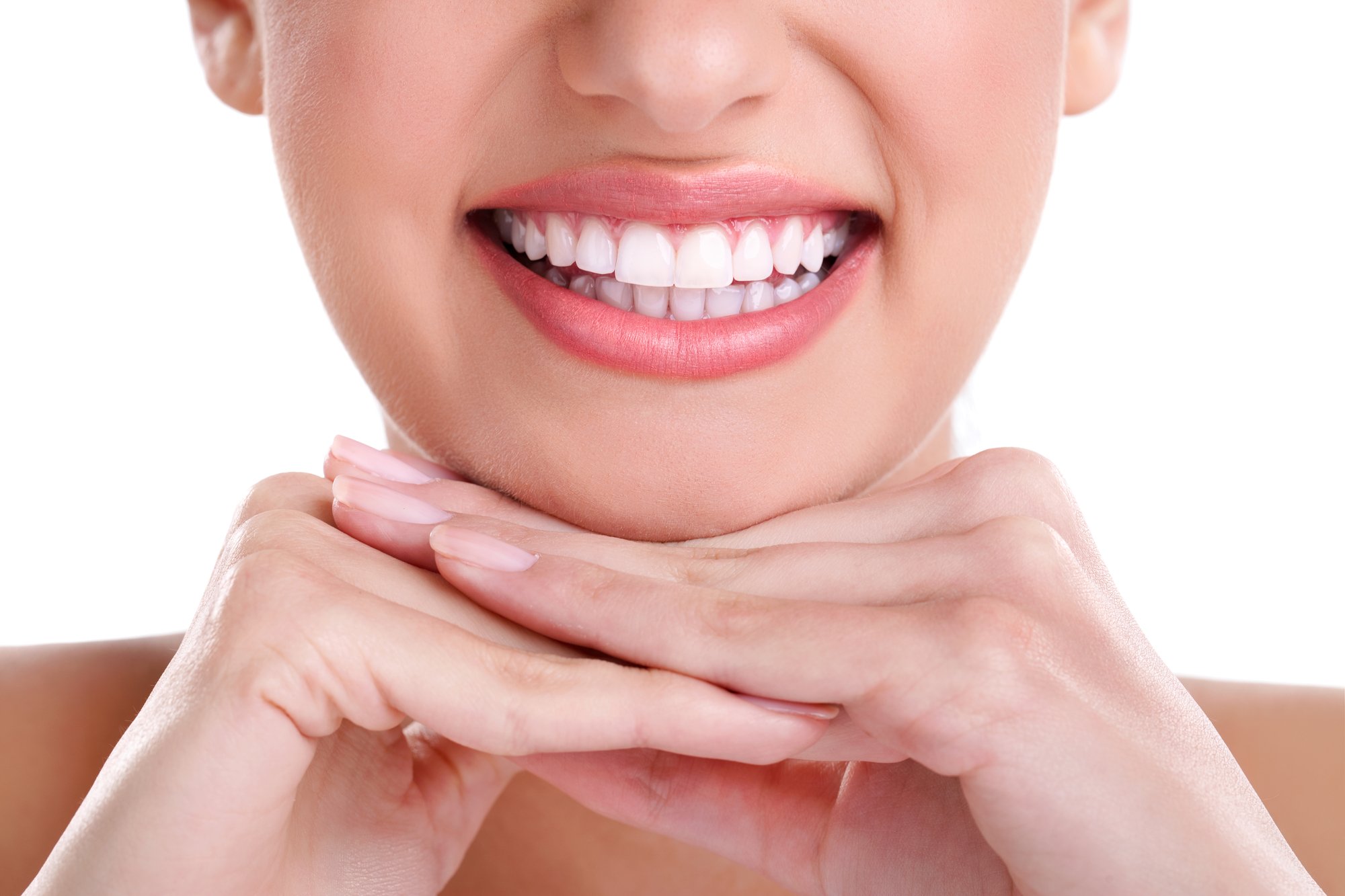

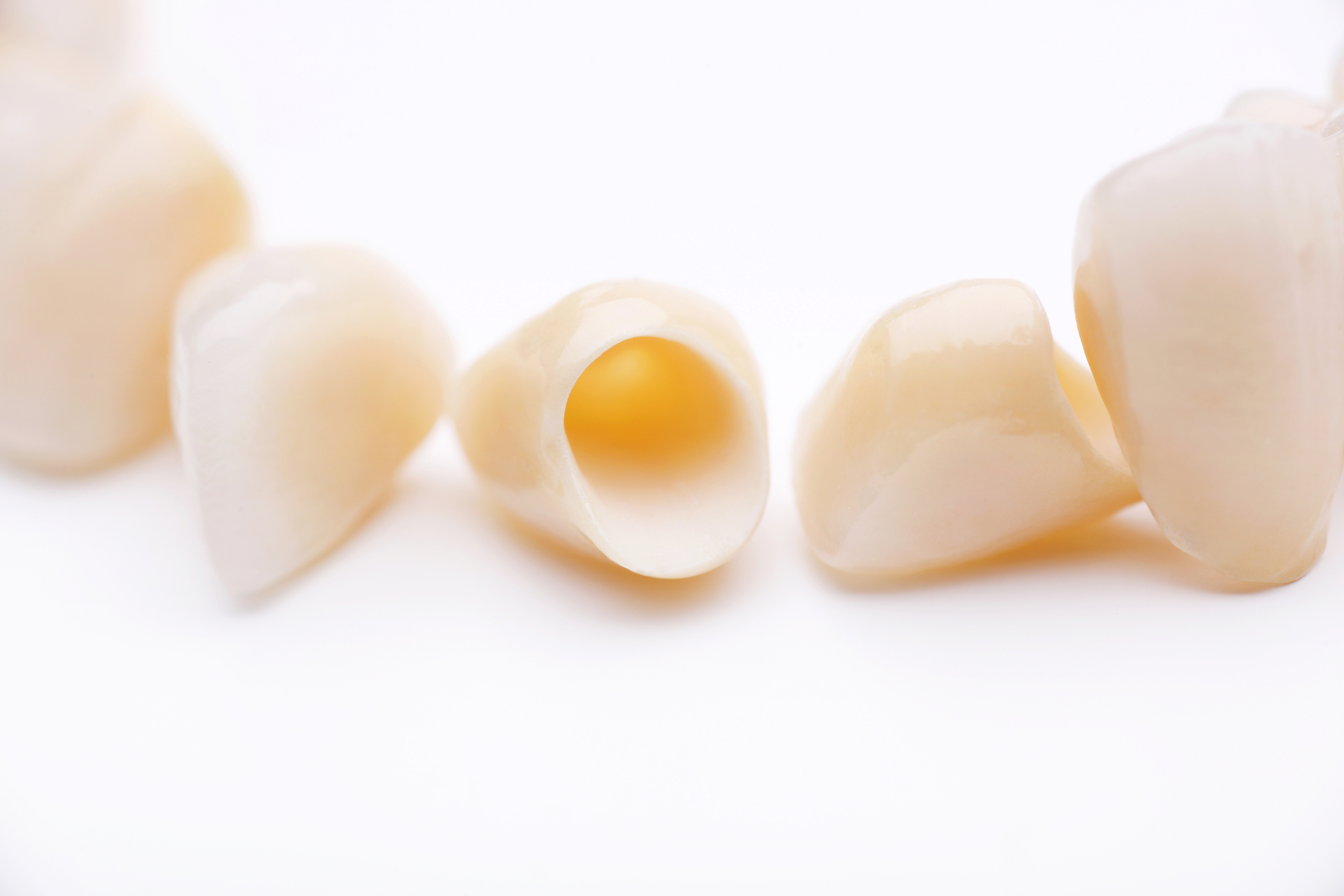
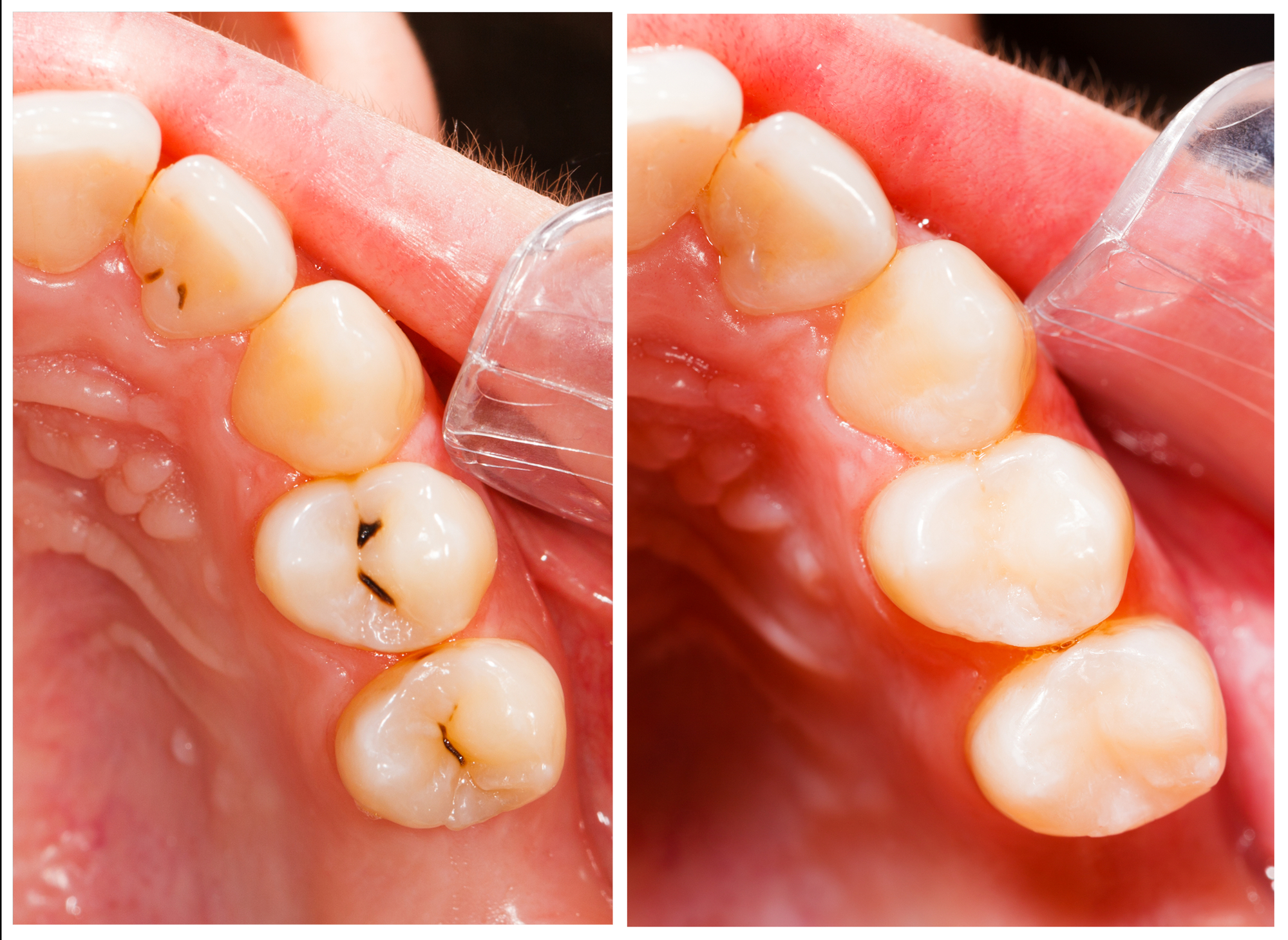
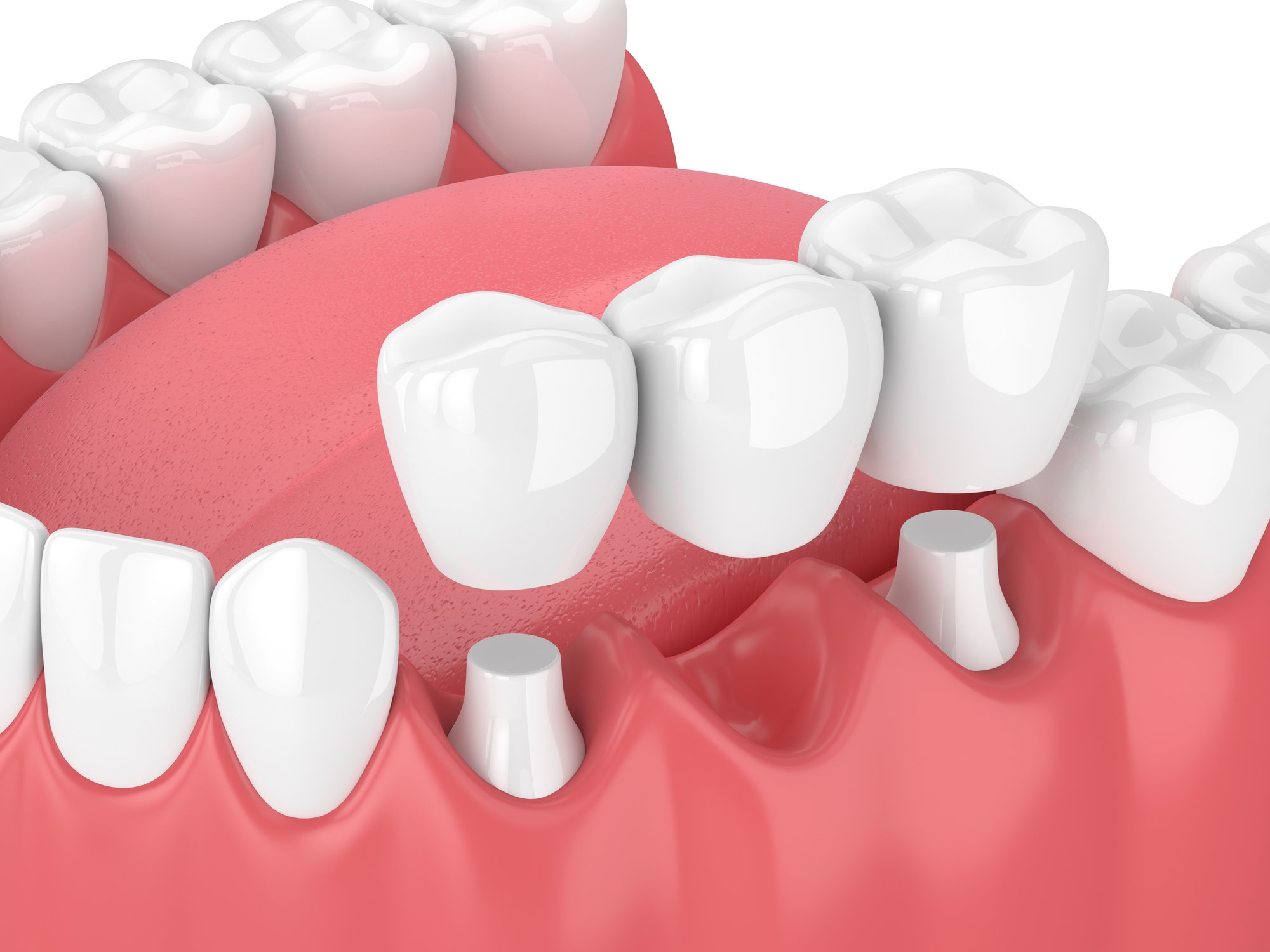
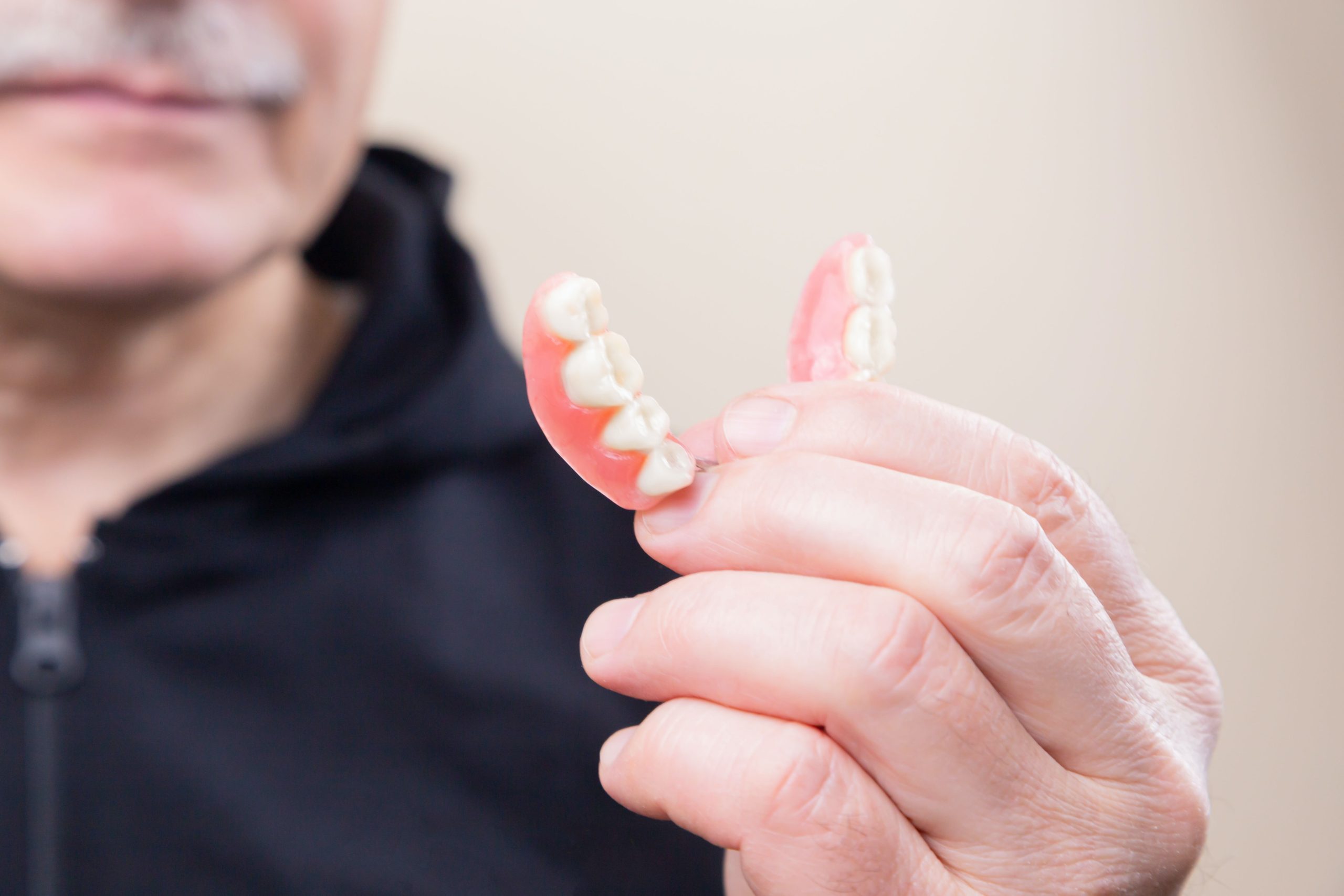
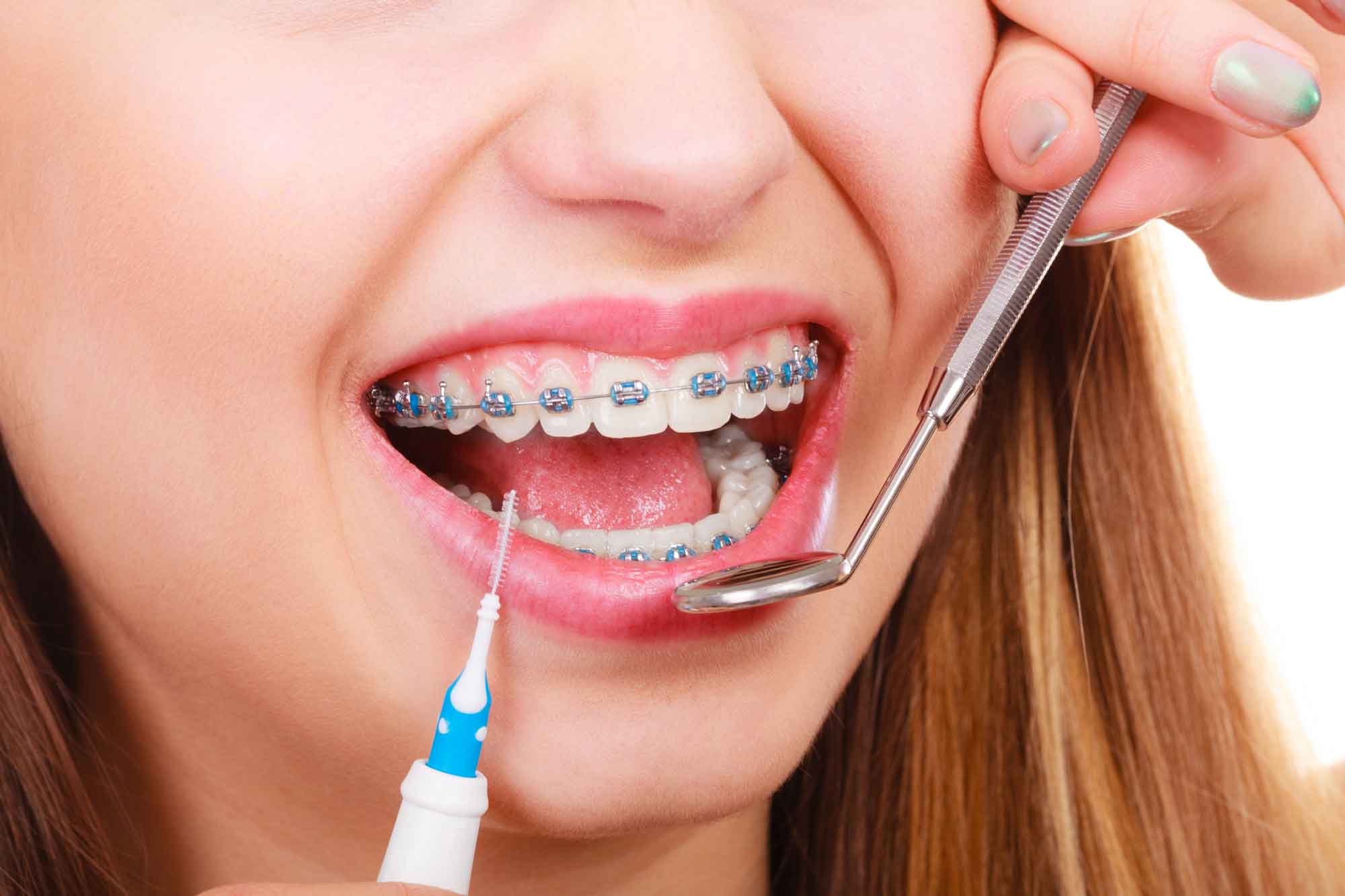




Recent Comments